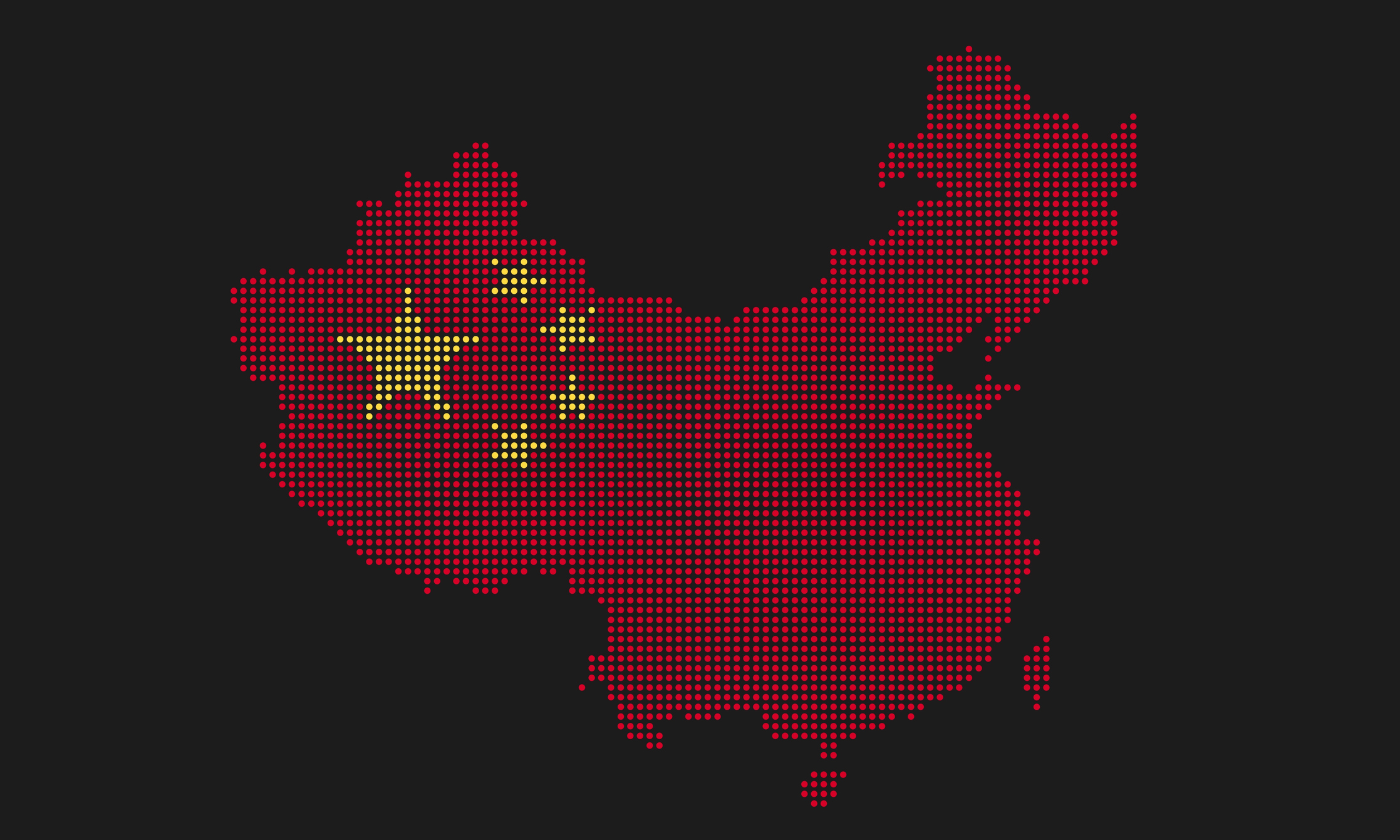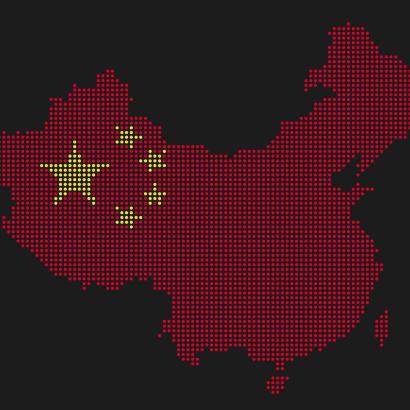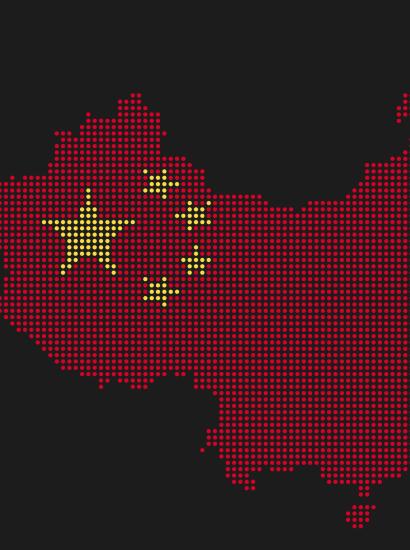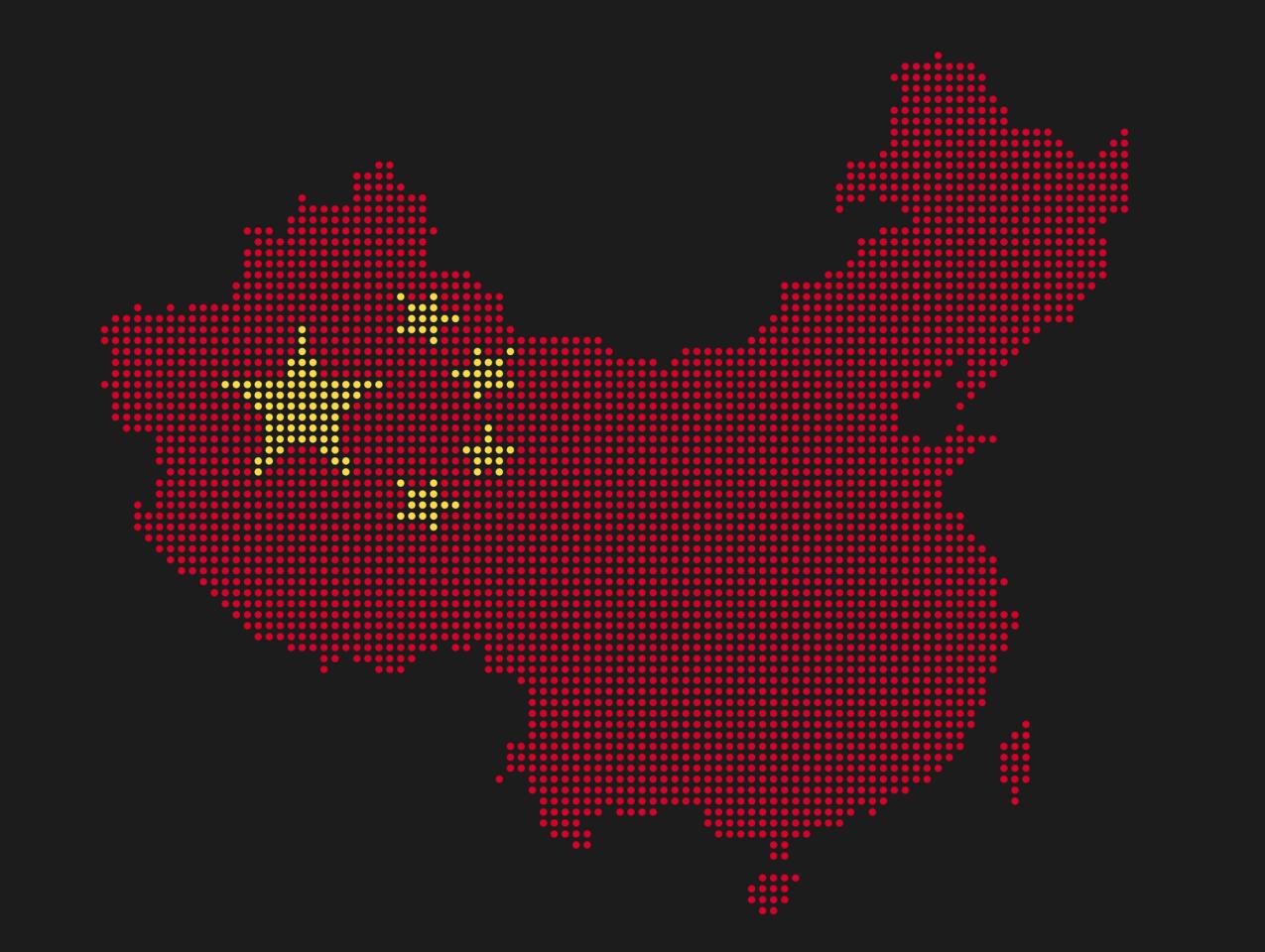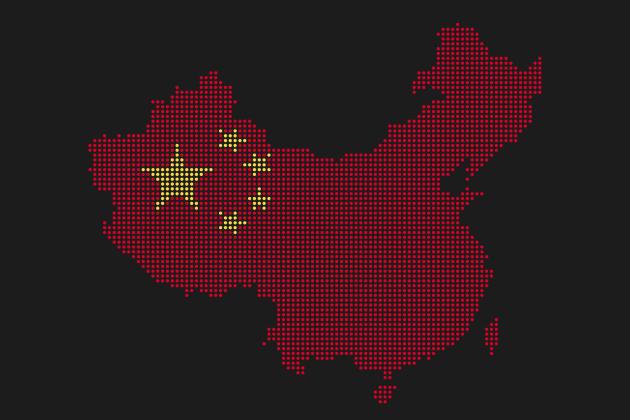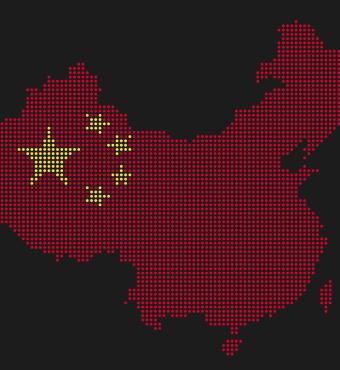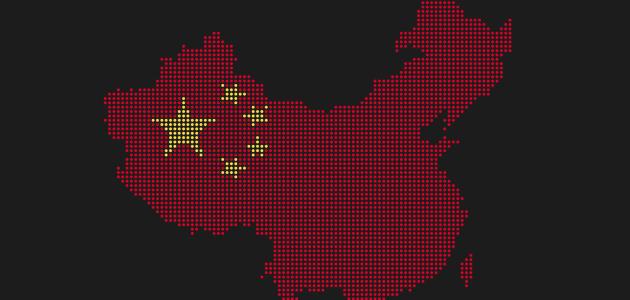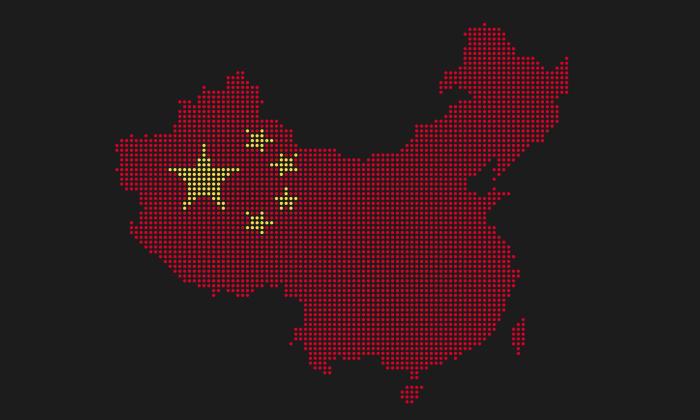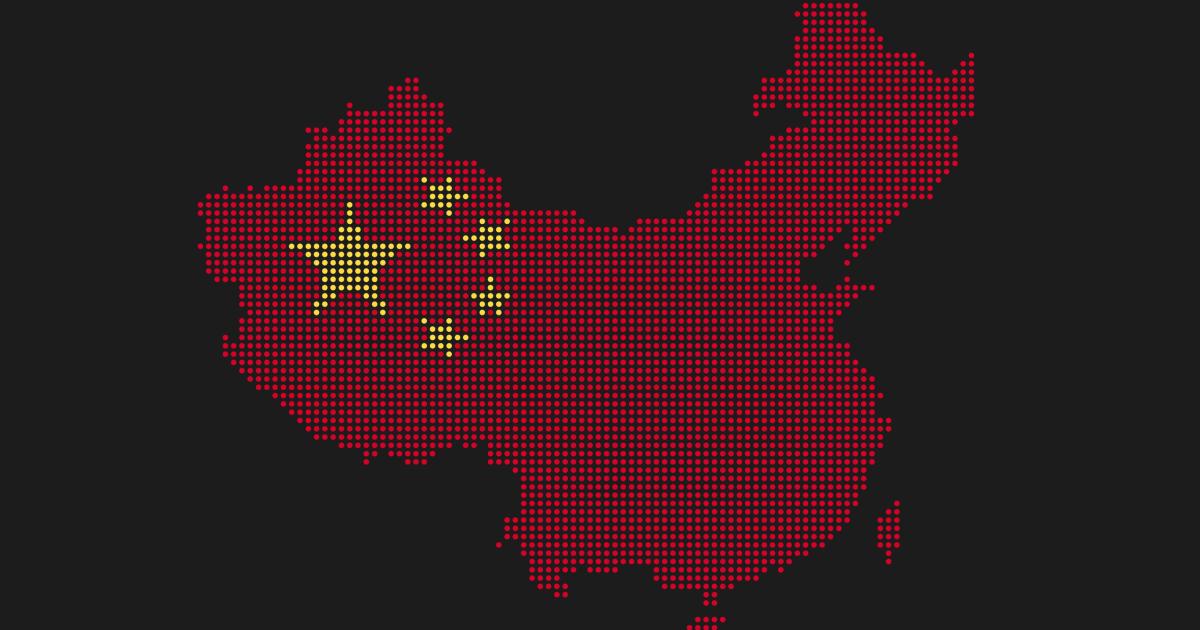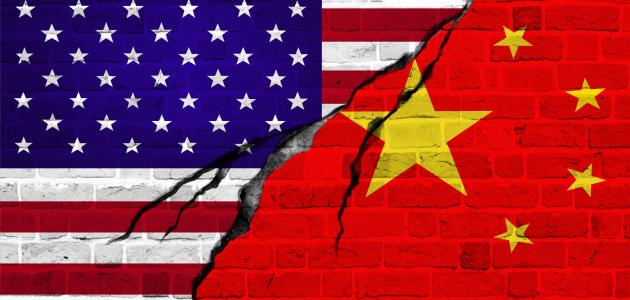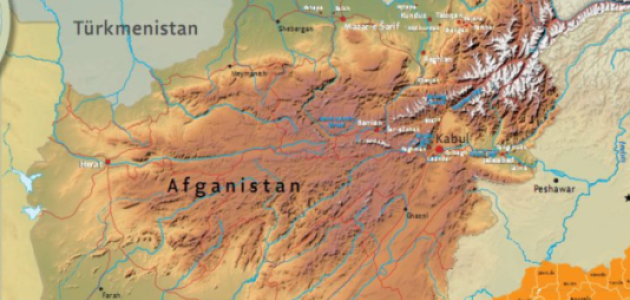- A new report from the NSF Secure Analytics program shows China is rapidly and fundamentally reshaping its science and technology ecosystem. These sweeping changes are driven by both domestic economic concerns and intensifying geostrategic competition—particularly with the United States.
- As it intensifies competition with the United States, at the same time becoming more secretive and ideologically rigid, there will come a time when the US will need to reach out to assuage concerns, Hoover Institution Director Condoleezza Rice said on July 27.
- Maintaining safe, secure academic partnerships will continue to benefit both nations if they’re done responsibly, the authors of the NSF SECURE Analytics report say.
Hoover Institution (Stanford, CA)—The People’s Republic of China (PRC) is rapidly and fundamentally reshaping its science and technology (S&T) ecosystem, and that has serious implications for the United States as it reshapes its own S&T pipeline.
Those are the findings of the National Science Foundation (NSF) Safeguarding the Entire Community of the US Research Ecosystem (SECURE) Analytics program which has released its first report on the state of science and technology research in the People’s Republic of China. The report finds that the PRC is now treating technological development as a “battlefield” where the main adversary is the United States.
Co-edited by Distinguished Research Fellow Glenn Tiffert and produced for the new NSF SECURE Analytics program, the report describes how the People’s Republic of China is reforming its science and technology research ecosystem.
They say China’s overhaul of its science research is “sharpening geostrategic rivalry and impacting the risk portfolios managed by research security professionals.” Citing PRC policy documents, they write that China is centralizing control of science and technology research in the hands of a single Central Science and Technology Commission that directs all civilian and military research.
It is also increasing spending on research and development and breaking down barriers between universities, firms, the military, intelligence services, and other research facilities. Even as information sharing increases, the shroud of secrecy over these efforts continues to darken, with ever more information about research activity retracted from public view.
The often-cited “civil-military fusion” effort, where firms and civilian researchers within China find themselves increasingly in service of the People’s Liberation Army, continues with new breakthroughs in fields such as AI or robotics shared almost immediately with military officials and associated labs.
At the universities, the PRC is working to enforce rigid ideological conformity even within the curriculum, with orders to insert “ideological and political construction” into teaching on various science topics.
Considering this competition, the report states US researchers must be more cautious in forming collaborative relationships, given both US and Chinese policy environments and the potential for projects to be entangled in geopolitical disputes or security breaches.
Confronted with the adversarial nature of the entire US-China relationship, well beyond concerns about scientific and technological research competition, Hoover Institution Director Condoleezza Rice told Hoover Senior Fellow and Doerr School of Sustainability Dean Arun Majumdar there has to be a way for US and Chinese scholars to continue cooperating.
And that includes continuing to allow Chinese students to attend US universities.
“I want to continue to have Chinese students in my classes. I want to continue to see you have them in your labs,” she said, gesturing to Majumdar. “I think it’s good for us. I think it’s good for them. And ultimately, I think it will be good for free peoples everywhere if more people get to experience freedom.”
Their discussion on July 27 was co-hosted by Hoover, Stanford’s Doerr School of Sustainability, and the Asian American Scholar Forum (AASF).
Asked how she would approach the current animosity between Washington and Beijing, Rice said once both sides spend some time listening to each other’s grievances, the real work of fostering a new partnership can begin.
“Once you’ve listed your grievances, stop for a moment to listen,” Rice said. “And when you listen, sometimes you hear what I call ‘interest overlap.’ You hear something that you might both be interested in. And maybe it’s just something small, but then you can move out from there.”
For China and the US, Rice said those overlaps could be setting up deconfliction procedures to avoid a direct military confrontation, cooperating on climate change, or agreeing to some measure of ensured peace for Taiwan.
Majumdar and Rice’s discussion occurred after awards were handed out at Stanford by the AASF for the 2025 Asian American Pioneer Medal Symposium and Ceremony. Majumdar took a moment to pay tribute to this year’s winners, saying they were a clear reminder of all that migrants to the United States contribute to the wealth and success of the nation.
“We lead the world because, unique among nations, we draw our people and our strength from every country and every corner of the world, and by doing so we continuously renew and enrich our nation,” he said, citing the words of late US President Ronald Reagan.







